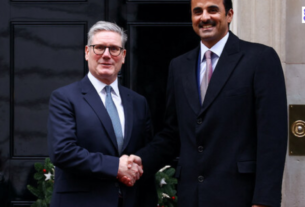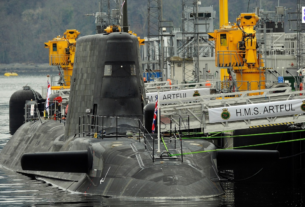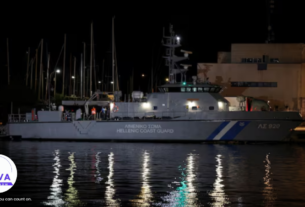Recent reports indicate that former U.S. President Donald Trump is considering recognizing Russia’s control over Crimea as part of a broader peace deal with Ukraine. This potential move has triggered serious concerns among Ukrainian officials and international legal experts, who warn that it could jeopardize ongoing war crimes investigations and set a dangerous precedent in international law.
Ukrainian lawmakers argue that acknowledging Russia’s annexation of Crimea would legitimize an illegal occupation and dismiss the human rights violations committed there. Since the annexation in 2014, multiple reports have surfaced documenting forced disappearances, deportations, and systemic repression. Recognizing Russian sovereignty over the region, critics say, would effectively erase these atrocities and block the path to justice for victims.
Legal scholars and international institutions also caution against recognizing territorial gains achieved through military force. Doing so would not only contradict foundational principles of international law but could embolden authoritarian regimes around the world. The credibility of courts such as the International Criminal Court could be severely undermined if political deals override the rule of law.
As global attention remains focused on the war in Ukraine, the debate over Crimea underscores a deeper tension between the pursuit of peace and the need for accountability. Any diplomatic solution, experts warn, must not come at the cost of justice for victims of war crimes or the erosion of international legal standards that protect sovereign borders.




